Spain is well-known for its beautiful landscapes and rich biodiversity. But while many animals are harmless, some species found in the country pose a real threat to humans—through venom, aggression, or disease transmission. Whether you're hiking, swimming, or living in Spain, here are the top 10 most dangerous animals you should be aware of.
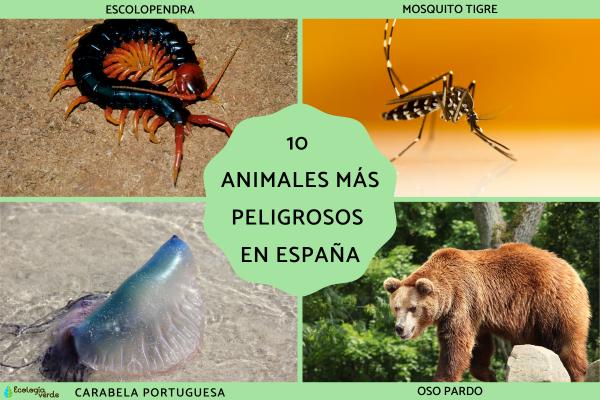
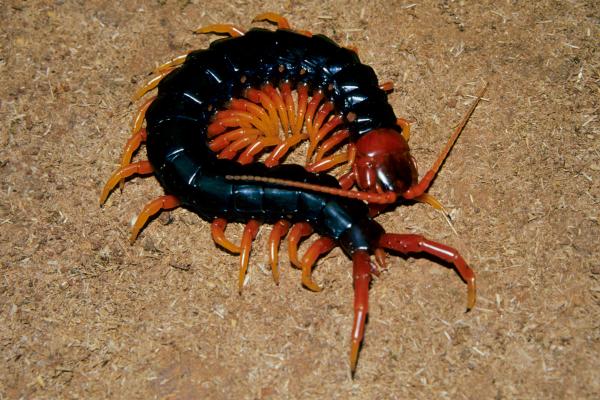
Also called the giant centipede, it can grow up to 30 cm long. Equipped with venomous claws near the head, it delivers painful bites that may cause swelling, fever, and weakness—though rarely fatal.
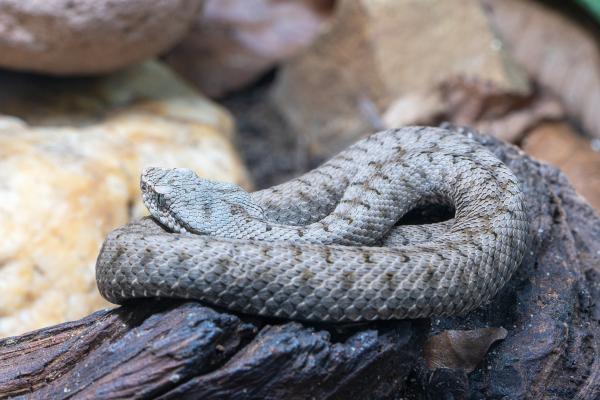
This venomous snake is found in sunny, rocky regions across southern Europe. Bites can be lethal, especially to children and the elderly. Symptoms include severe pain, swelling, vomiting, and potentially kidney or respiratory failure.
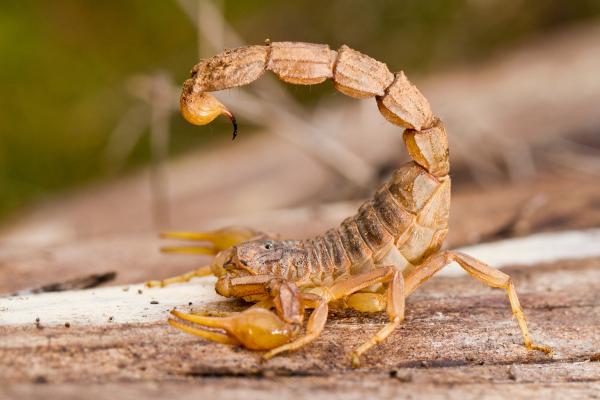
Measuring only 3–5 cm, this European scorpion delivers painful stings. While not deadly, its venom can trigger severe reactions in allergic individuals.
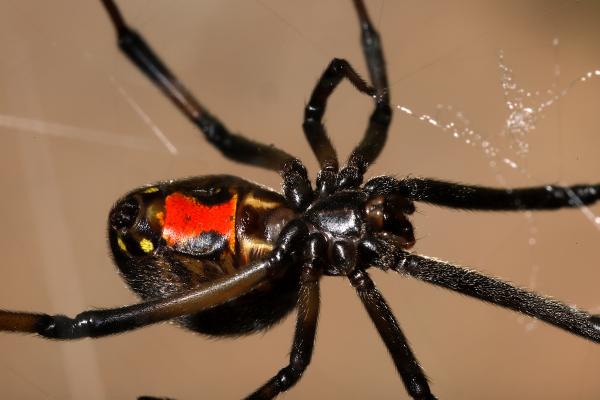
Famous for its glossy black body and red hourglass marking, the black widow produces a powerful neurotoxic venom. Symptoms include muscle cramps, abdominal pain, and breathing difficulty. Immediate medical attention is recommended.
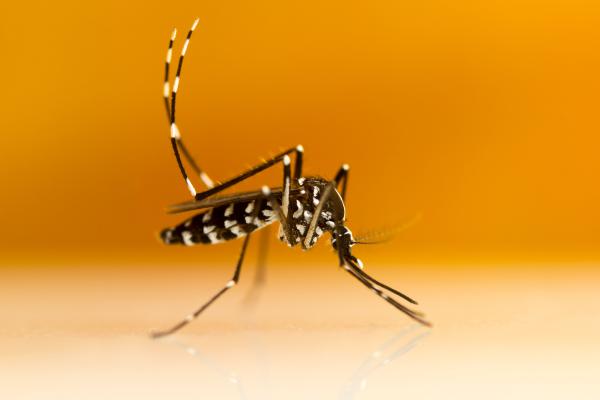
A highly invasive mosquito species known for transmitting dengue, Zika, and chikungunya viruses. It has spread rapidly across Spain and is considered a serious health threat despite its tiny size.
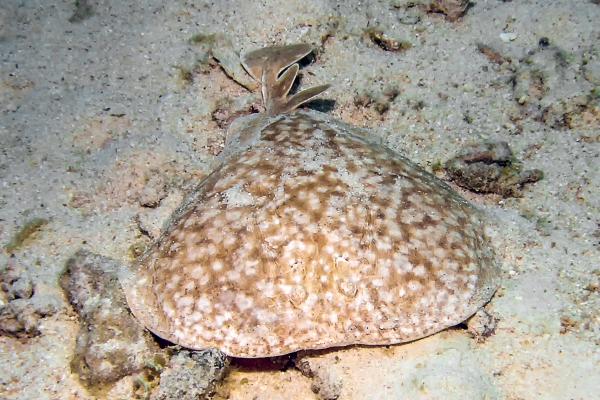
This fish lives in Mediterranean and Atlantic coastal waters. It can discharge up to 200 volts to paralyze prey or ward off threats. Human contact is rare but can result in intense pain or fainting.
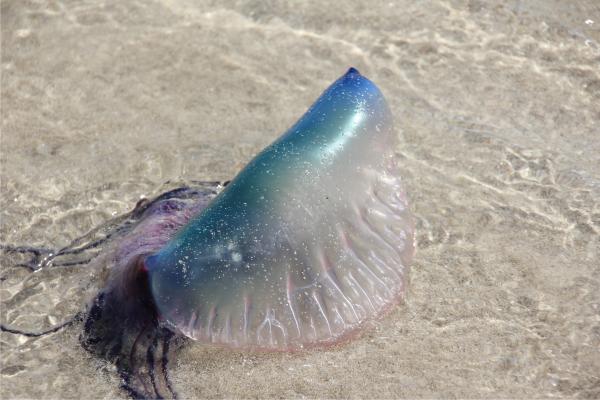
Often mistaken for a jellyfish, it is a colonial organism with tentacles extending up to 30 meters. Its sting causes intense pain, possible heart or respiratory issues, and in severe cases, can be fatal.
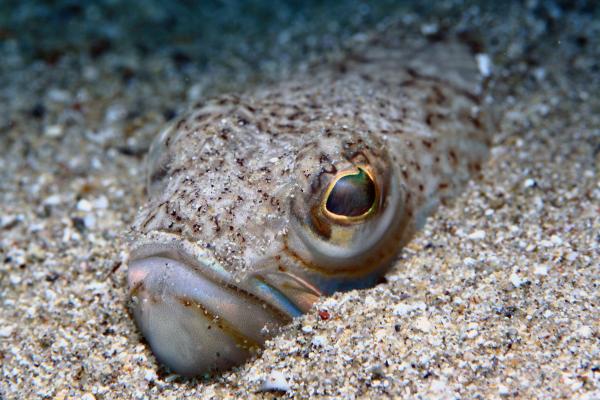
Camouflaged in sandy seabeds, its dorsal spines contain venom that causes severe pain, inflammation, and breathing problems. Swimmers and fishermen should stay alert.

Europe’s largest carnivore, found in mountainous regions like the Pyrenees. While generally shy, a bear may attack aggressively if threatened or protecting cubs.
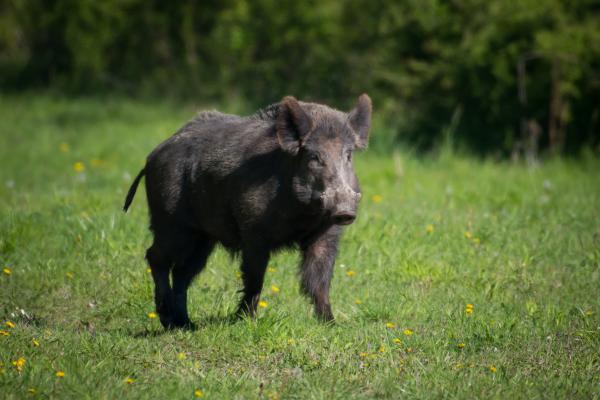
Widespread in forests and rural areas. Known for unpredictable behavior, sharp tusks, and disease transmission such as African swine fever. Urban encounters are rising, increasing accidents and human injuries.
Safety Tips: Always stay informed about local wildlife, avoid contact, and seek medical help immediately if bitten or stung during outdoor activities in Spain.
animal tags: Spanish Animals
We created this article in conjunction with AI technology, then made sure it was fact-checked and edited by a Animals Top editor.